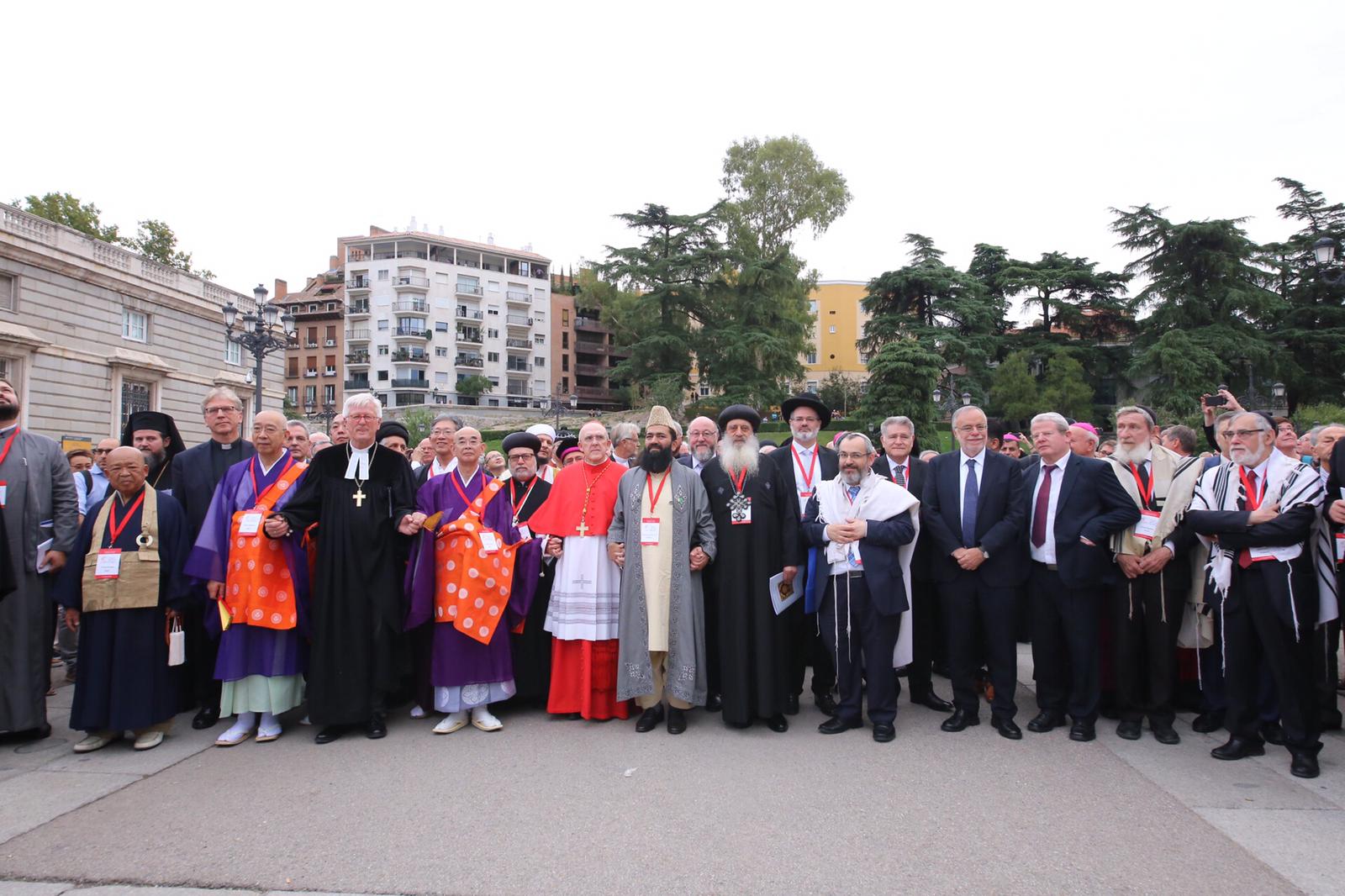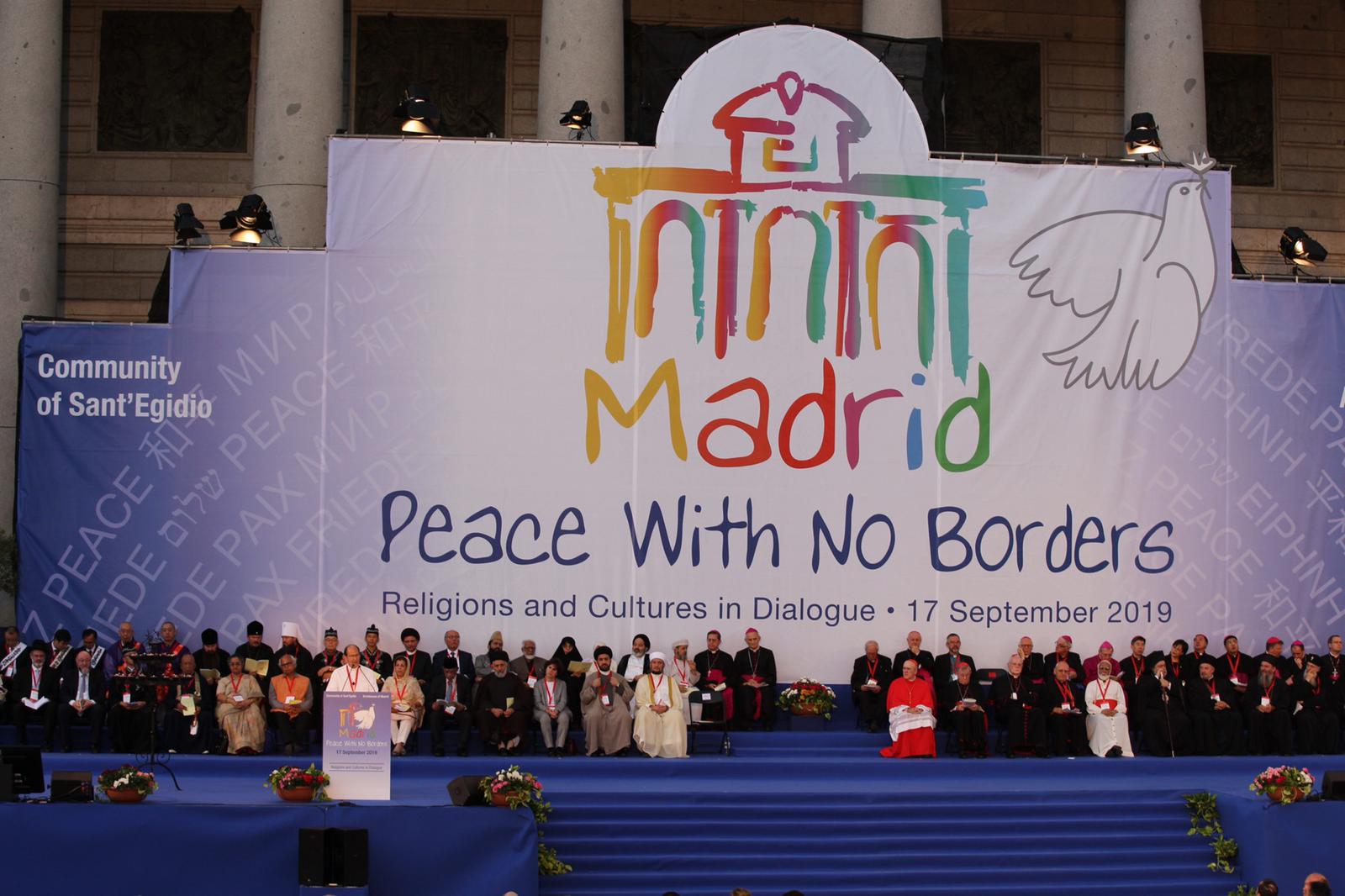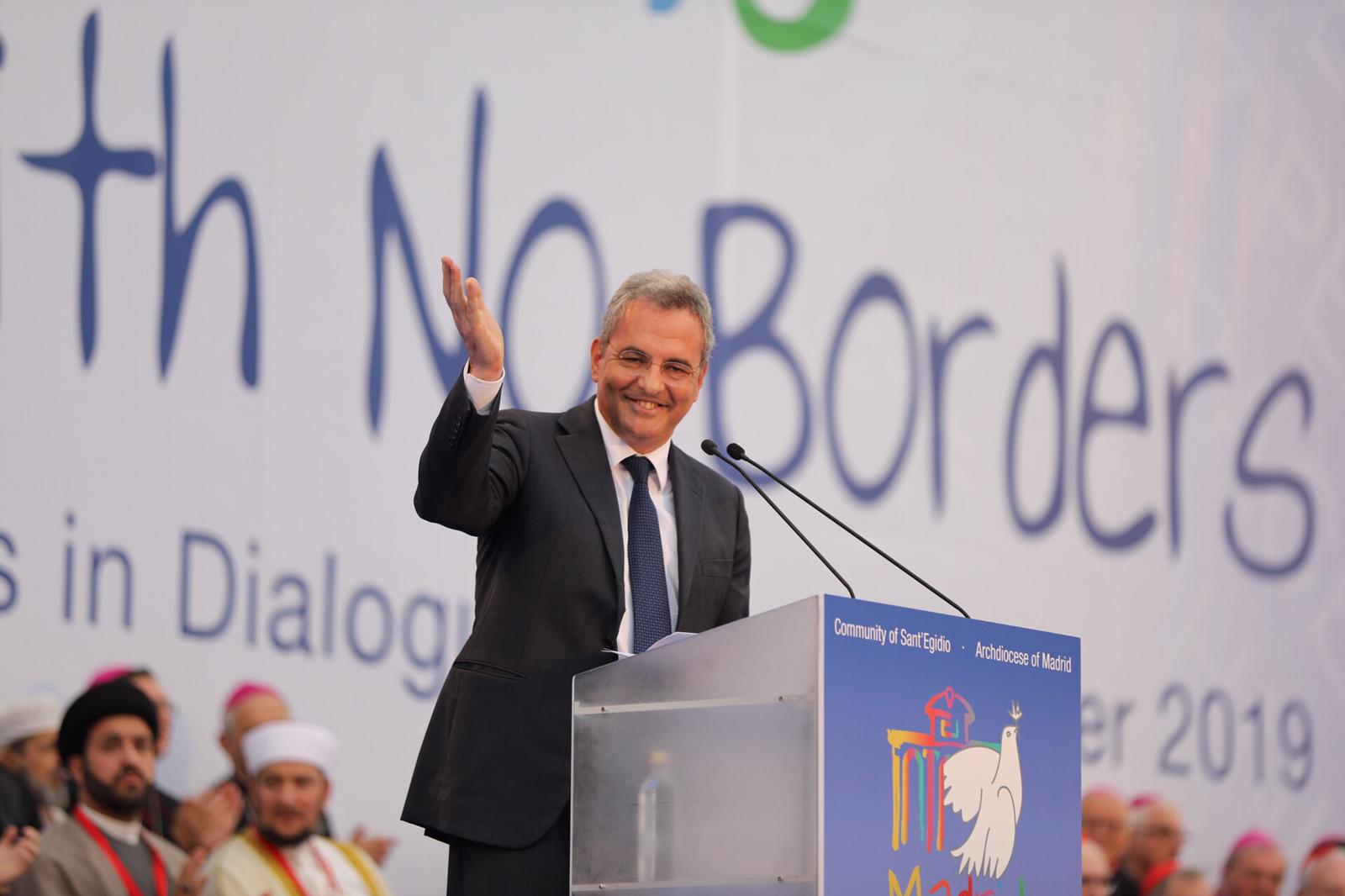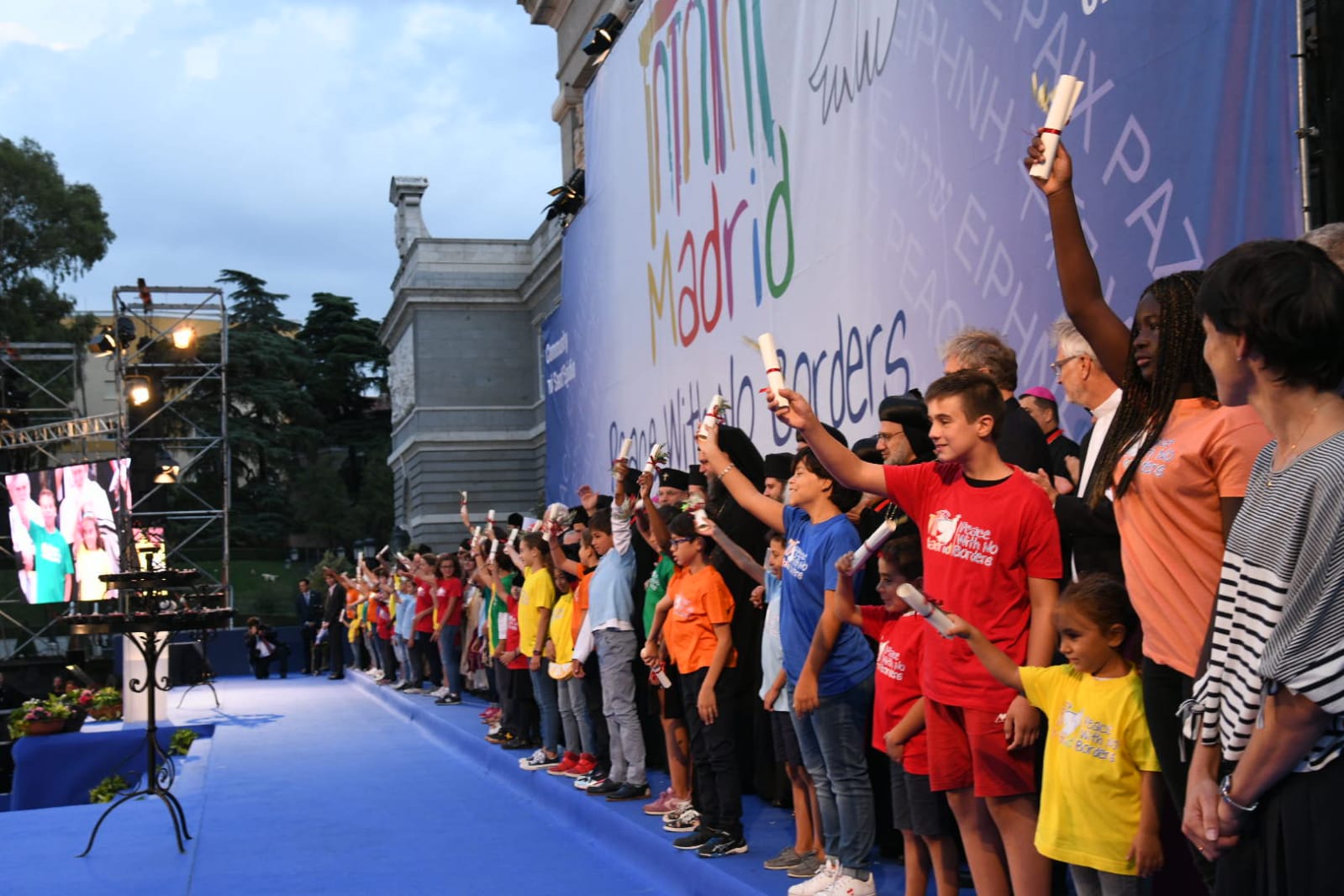The Taliban narratives are “powerful, emotional, patriotic and ideologically appealing that influenced thousands of women in the North West region of Pakistan bordering Afghanistan through their strategic use of radio and individual contacts.
Although violent extremists repress women in both their ideology and their methods of violence, in Pakistan the extremists groups were able to motivate groups of women to support them in different ways as mobilizers, fund raisers, informers and trainers. These were unbelievable tasks that these women carried out but what made them do so is a simple story.
Shahgul’s Quran teacher would always say jihad is the surest way to jannah (heaven) and she called her to help in raising funds, so the Taliban can fight the infidelsand Mujahida will earn heaven in this way. So she started going from one village to another collecting funds and convincing other women to join them in this movement”.
There were many Shahguls who were convinced by the sermons of extremist’s leaders in Swat valley that they as mother, sister, wives and daughters have a duty to contribute to war against the enemy of Islam. The normalization of violence and desensitization about acts of extremism along with poverty and oppression, lack of knowledge of Quran and Islam as well as internal desires shaping motivations are some possible explanations for why these women become part of violent extremist groups. Many women wrongly viewed these militants as fellow Muslims and sons of the soil simply yearning for Islamic law. These women made us realize that women’s natural disposition is not necessarily towards peace simply because they are women.
The impact of violent extremism was immense. Women’s mobility, access to education and health facilities, and ability to fully care for their families was severely impacted. Nearly in all areas hard hit by violent extremism women are being traumatized mentally and psychologically and each has experienced a different form of violence.
Women peace and Security Agenda in Pakistan
UN Security Council Resolution 1325, the founding document of the WPS agenda, is a sensitive issue in Pakistan and so far no effort has been made to develop an Action Plan in this context.
In the absence of clear WPS policy frameworks in Pakistan, civil society especially faces a myriad of obstacles in coming up with interventions acceptable to the government. It also creates a gap between the government and civil society groups in efforts to establish engagement and dialogue to meaningfully address violent extremism. In effect women's rights to be involved and recognized as decision-makers and their activism and contributions to promoting peace and social cohesion in difficult security situations as well as in different public and private spheres remain largely unrecognized.
Meanwhile the government has recently recognized the role of women in violent extremism and prevention but focusing more on victim aspect of it. It has done so outside of the framing of UNSCR 1325 underlining the reluctance to embrace the WPS agenda comprehensively. Practically speaking, the lack of a National Action Plan on WPS precludes budget allocations for the implementation of UNSCR 1325 and severely limits the efficacy of Pakistan's security responses by both underpinning and reinforcing a fractured understanding of the role of gender and women in peace and security.
Through its multipronged interventions, PAIMAN has projected that WPS is much more than a women's agenda as it calls actors to address the root causes and drivers of conflict, gender inequality among them, with implications for economic development, governance and other sectors. Localizing WPS was the only way to carry out the inclusive process of building social cohesion.
PAIMAN’s response to violent extremism
Our analysis and research on why some women support violent extremism, and how Pakistani women are affected by it led us to the challenging and unthinkable solution to address this menace by engaging mothers of vulnerable, extremist and radicalized youth and other women in those communities through a socioeconomic empowerment program.
Three points made the foundation of our intervention:
That this mother was the last person to know that her son has become extremist and also she wouldn’t understand the negative impact of being extremist so this innocent mother needs to be sensitized and educated to be able to respond to extremist's strategy.
People would only talk of those who joined Taliban openly but no one would speak about the silent invisible extremists living within the community.
Mothers are believed to be their children’s first teachers but after meeting the extremist women we realized that what they taught is not always peaceful and tolerant.
Localizing WPS in Pakistan:
In view of the transformative potential of the Women, Peace and Security agenda and that it is a powerful tool for moving from exclusive to democratic decision-making, from gender inequality to gender justice and from conflict and violence to sustainable and inclusive peace, PAIMAN introduced innovative ways of implementing WPS in the context of communities hard hit by violent extremism.
PAIMAN developed an integrated approach to empower women socially, economically and psychologically to work for preventing and countering violent extremism from the platform of a Community Peace Structure called Women TOLANAs. since 2010 these women have been teaching and preaching non violent ways of addressing the menace of extremism by raising awareness, preventing children and youth from becoming extremists, negotiating and mediating conflicts, promoting social harmony, holding dialogues with relevant stakeholders at various levels, communicate indicators and early signs and impacts of violent extremism. Understanding that women’s capacity to prevent and counter violent extremism extends far beyond their family roles, PIAMAN trained thousands of women including teachers, social activists, political leaders and elected representatives, media women trained to look ’Beyond victimhood’ and play effective role as change makers and influential in their respective areas of influence. It also has transformative impact on her family members and other members in the community who begun to Think Socially, recognize and start addressing the social motivation behind the discriminatory social norms and practices.
PAIMAN ensured that TOLANA compete and have parallels with the extremist movements. Like them, they are locally rooted today and the most trusted groups because of their track record of service to their communities, building bridges of understanding, resolving feuds and preaching pluralism and tolerance.
The impact of effectively localized WPS approaches that are rooted in indigenous culture and traditions is clearly demonstrated by the success and sustainability of PAIMAN's P/CVE initiatives. The positive transformation of 1,490 extremist male youth and 210 vulnerable women has had an enormous impact on the communities to which they belong as a whole. The same communities that saw the radicalization of the young men were amazed to see them now volunteering in the community, creating awareness on the importance of voting, female education and good governance.
PAIMAN's experience underlines that a whole of society approach that respects and embraces local traditions that promote peace, equality and pluralism is critical to effective localization of the WPS agenda. In Pakistan this means engaging with local culture, Islamic teachings, and men as influential figures within the society. (PAIMAN Case study)
PAIMAN developed a community warning system to prevent the escalation of inter-religious incidents into violence. Women’s capacity to prevent and counter violent extremism extends far beyond their family roles. (Example of TOLANA)
To conclude, recognizing that the roles of women vary greatly from perpetrators or victims of violence, to their role as peacebuilders and political actors, is an important first step by Policy makers and security actors to take into account women’s different experiences and perspectives in Pakistan’s security and peace decision-making.
The role of women in propagating and preventing/countering violent extremism (CVE) is still an understudied and unrecognized issue in Pakistan that directly relates to the implementation of UNSCR 1325 and the six resolutions on women, peace and security that have followed it. Inspite of the fact that as evident from PAIMAN’s experience demonstrates that women can enable, support, benefit from, be victims of, counteract and prevent violent extremism. Their roles and experiences are not monochromatic but rather diverse and shaped by context, community, relationship, orientation and status within community.
For durable peace and security government should invest in women’s empowerment, put their priorities at the heart of Pakistan's counter violent extremism efforts and give them opportunities to participate in security related decision making.
Women at different levels are active in building social cohesion, carrying out interfaith/intra-faith dialogue, preventing violent extremism and imparting peace education, the government of Pakistan should come up with WPS framework so that the implementation of WPS agenda is carried out in ways appropriate to Pakistani context, commitments, capacity and resources.





